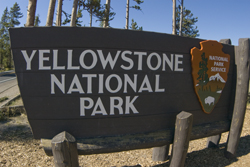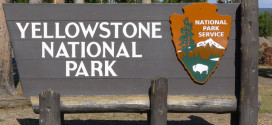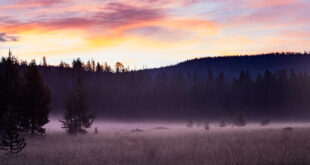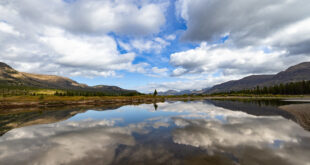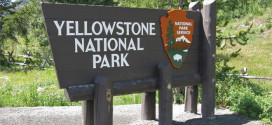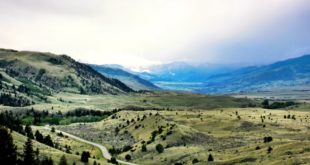The report, released after months of research from a panel of scientists and coalition staffers, cited the Yellowstone ecosystem as worthy of special attention as the debate over global warming continues.
Specifically noted in the report: the status of the high-altitude whitebark pine:
Whitebark pine is the ecosystem’s foundation tree, living in the highest and harshest parts of the region, where few other trees survive. Moreover, whitebark forests stabilize and shade the snowpack, reducing avalanches and extending precious snowmelt flows into the summer months. The slow melt keeps rivers cool for trout and other wildlife and helps maintain water resources for people in the arid American West. But warming temperatures are threatening these majestic pines by allowing the mountain pine beetle to move into higher elevations, where it is decimating the defenseless whitebark forests on an unprecedented scale.
Loyal readers of this site won’t be surprised by the citation: we’ve been barking about the declining status of the vital pine for months. The issue: Because of warming, pine beetles that normally would be winter kill are now surviving and feeding on whitebark pine. Fewer pine, less food for bears when they prepare for hiberation, as the pinenuts are a vital source of protein for them. It also means less food for elk and birds, and it means less ground cover as well.
The report really doesn’t have anything new — but it does lay out a rationale for addressing climate change and why seemingly small changes can have huge consequences.
RELATED STORIES: Yellowstone’s Whitebark Pine May Be Declared an Endangered Species
We’ve also set up a free Twitter account so you can receive updates on the device of your choice.
 Yellowstone Insider Your Complete Guide to America's First National Park
Yellowstone Insider Your Complete Guide to America's First National Park
